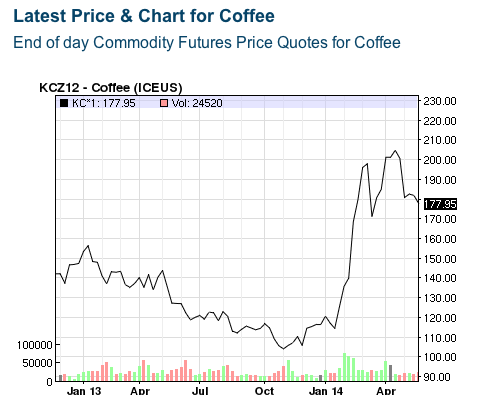The Library of Economics and Liberty has an interesting article on the economics of crime. It presents stealing as a rational behavior where the perpetrators have looked at the costs of their behavior and make a conscience decision. It is an interesting way to present economics to your students. Since we are always looking for a hook, this might be an interesting way to get them to look at key concepts.
The library has a ton on interesting articles that are all fairly short and cover many of the topics you will be teaching.
The library has a ton on interesting articles that are all fairly short and cover many of the topics you will be teaching.










